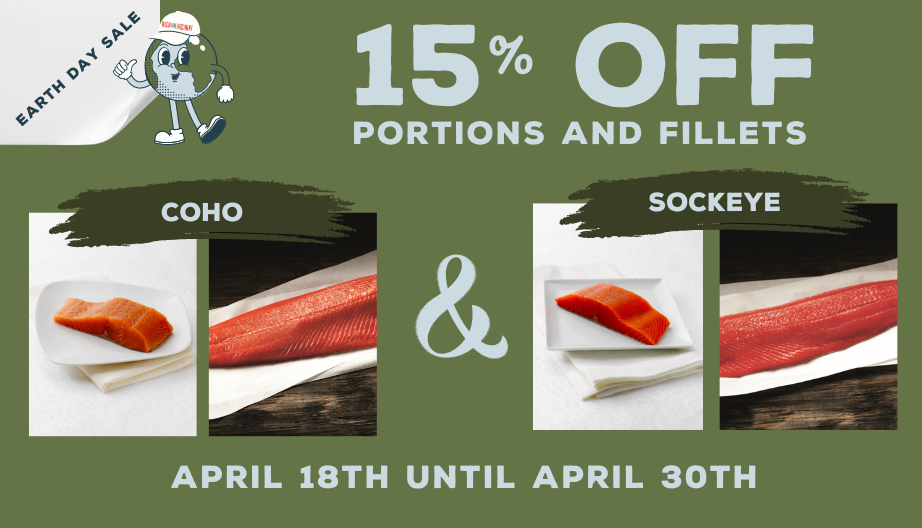Why Wild
WHY WILD?
Fish is an important staple in a well-rounded diet filled with essential nutrients often difficult to find elsewhere in the naturally occurring world. However, this can often feel like a complex issue. Farmed, cultivated, or ocean-raised (they all mean the same thing!) seafood is often lauded as a sustainable, environmentally conscious, and fish-friendly option. As a conscious food buyer, we understand how confusing and convincing marketing techniques like these can be. So instead of dissecting the competition, we would rather talk facts on the endless benefits of wild seafood: for both you and the planet.
BRISTOL BAY: CLEAN WATERS MEAN CLEAN FISH
“Where does this come from?” is the most important question you can ask yourself about anything you are consuming.
The cold Alaska waters from which our salmon and many seafood species are harvested are not only vast and comparatively untouched, but also remain some of the most carefully regulated and protected waters in the world. The Alaska government and its people are notorious for their strict fishing quotas, pollution watch, environmental activism, and continued education of the importance of clean pristine waters and wild-caught seafood. So much so that water and marine species protection is written right into their constitution.
And the fishery we are proud to fish every year, Bristol Bay, is no exception to these standards. Bristol Bay’s salmon fishery carries the Marine Stewardship Council’s only sustainable salmon certification. An accolade reinforced by its careful management and profound population: the largest sockeye population in the world. The 2015 run numbered 54 million sockeye salmon, an impressive year even by Bristol Bay standards. It was the second largest in 20 years, and 70% above the 34 million fish average.
With nutrition in mind, fish, particularly cold water oily fish, have valuable Omega 3's. We are constantly learning new information about these valuable EFA's (essential fatty acids), but so far substantial evidence points to them helping reduce risks of heart disease, cancer, age-related blindness, other eye problems, arthritis, and complications from inflammatory diseases as well as keeping a healthy circulatory system.
It’s now coming knowledge that Salmon has a great deal of benefits; however, much research suggests many inconsistencies within the nutritional profile of wild vs farmed salmon. And, more frequently than not, to come close to the fatty acid and antioxidant content of its wild counterpart: farmed fish producers frequently rely on additives (some naturally found, some synthesized) to meet the market demands and expectations of salmon. With wild salmon you know nothing is added, fish do not rely on a human-concocted fish food every day, and they naturally receive the exercise and nutrition their growing muscles require
 Wild Alaska Salmon
Wild Alaska Salmon Alaska Salmon Burgers
Alaska Salmon Burgers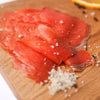 Smoked Salmon & Seafood
Smoked Salmon & Seafood Wild Alaska Whitefish
Wild Alaska Whitefish Wild Shellfish & Shrimp
Wild Shellfish & Shrimp Wild Albacore Tuna
Wild Albacore Tuna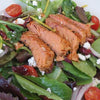 Canned Seafood
Canned Seafood Meal Box & Samplers
Meal Box & Samplers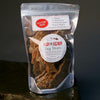 Pet Products
Pet Products Gifts
Gifts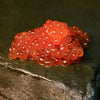 Specialty
Specialty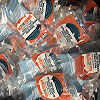 Wholesale Ordering
Wholesale Ordering